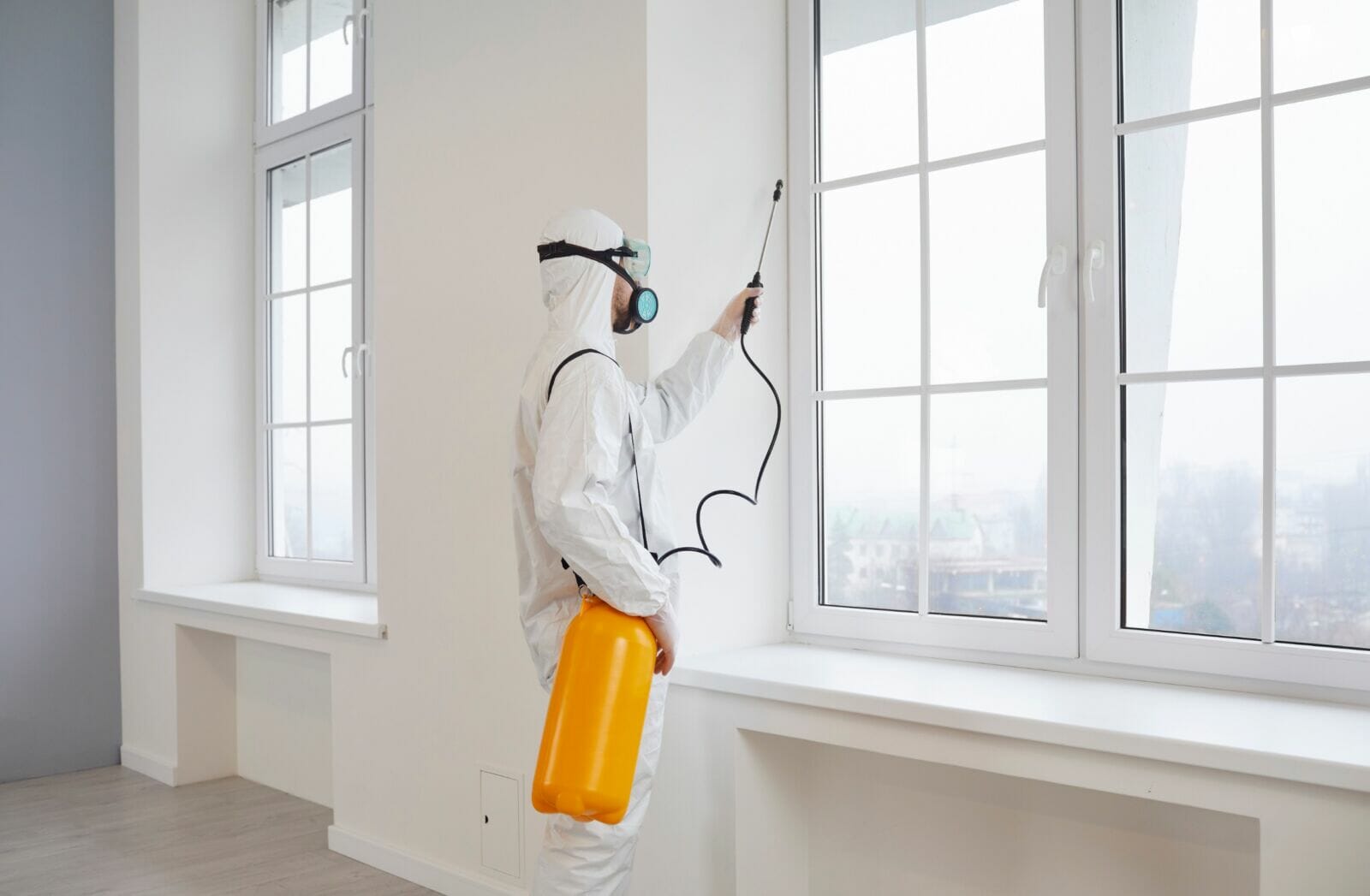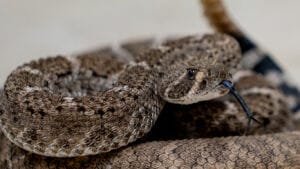A home should be a sanctuary. It should be a space where you can feel safe and, well, at home. But when pests enter the equation, that sense of safety can be quickly shattered.
For many homeowners, the idea of dealing with a pest infestation prompts visions of emergency pest control exterminators and drastic measures. However, an often overlooked aspect of pest management is prevention.
So in this guide, we’ll walk you through the significance of prevention in pest control. We’ll offer practical tips that will help you maintain a pest-free environment within your beloved abode. Let’s dive in!
Establish a Routine Inspection Schedule
Regular inspections are the first line of defense against pests. Make it a habit to conduct thorough checks of your property, both indoors and outdoors, at least once a month.
Look for signs of pests such as droppings, nests, or chewed wires. Consider areas that are often overlooked, like your attic or crawl spaces.
To streamline this process, create a checklist that guides you through the most critical areas in your home. Remember, pests are opportunistic. They’ll exploit any vulnerability to gain entry.
Seal Entry Points to Your Home
Pests can enter your home through the tiniest of openings. Make sure every potential access point is thoroughly inspected to keep them from sneaking in. This includes spaces between doors and windows, fissures in the foundation or walls, and openings in screens.
Seal off any opening with caulk or weather stripping. For larger gaps, consider using mesh wire to cover them. Blocking these entry points not only deters pests.
Also, make sure that all exterior doors and windows remain shut unless in use. This simple measure can prevent pests from entering your home unnoticed.
Identify and Eliminate Attractants
Pests are attracted to sources of food, water, and shelter. Therefore, it’s essential to identify and eliminate any potential attractants in your home.
Keep your kitchen clean and free of crumbs. Seal food in airtight containers. Promptly clean up spills or messes.
Fix any leaks or standing water sources in your home. Pests can survive for long periods without food, but they need water to survive.
Declutter your home regularly and store items off the floor. Pests love hiding in cluttered areas, making it challenging to detect their presence.
Maintain a Clean and Uncluttered Environment
Regular cleaning and decluttering can go a long way in preventing pest infestations. Vacuum and mop regularly to eliminate any potential food sources or hiding places for pests.
Additionally, keep your yard tidy by trimming shrubs and bushes away from your home’s exterior. Pests can use these as bridges to access your house.
You should also store firewood or other outdoor items away from your home. This will prevent pests from nesting in them.
Make sure to schedule regular cleanings of your gutters and downspouts as well. Clogged gutters can become a breeding ground for pests.
Up Your Landscaping Game
Landscaping can have a significant impact on pest control. Consider planting pest-repelling plants such as lavender, mint, and marigolds around your home’s exterior.
You should also trim back any branches or overgrown plants that are touching your house. This eliminates potential entry points for pests.
Avoid overwatering your lawn or garden. Excess moisture attracts pests and creates favorable breeding conditions for them.
You should also think of refreshing your landscaping every few years. This will prevent pests from establishing long-term habitats in your yard.
Mind the Garbage
Proper garbage management is crucial in preventing pest infestations. Make sure to dispose of your waste regularly and store it in a sealed container.
Avoid leaving bags of trash outside for extended periods, as they can attract pests. Rinse out all recyclables before placing them in the bin.
You should also maintain proper hygiene while handling garbage. Wear gloves and wash your hands afterward to avoid any potential contamination.
Buy Pest-Resistant Materials and Enclosures
When building or renovating your home, consider using materials that are resistant to pests. Look for professional pest control products in your local grocery. Examples include pressure-treated wood or metal framing instead of wood.
You should also invest in pest-resistant enclosures, such as mesh screens for doors and windows. This will reduce the chances of pests entering your home.
Know Your Pests
Different pests require different prevention tactics. Research the types of pests that are common in your area and understand their behaviors, life cycles, and habitats.
For example, rodents are attracted to food sources. Termites thrive in damp environments. Bed bugs can hitch rides on your belongings.
Knowing the signs and habits of pests will help you take proactive measures to prevent infestations. It can also help you identify and address any issues promptly.
Leverage Technology for Monitoring
Technology can also play a big role in pest prevention. Consider installing motion sensor lights around your home’s exterior. These will deter pests from entering by exposing them to light.
You can also invest in electronic pest control devices that emit ultrasonic sound waves, which repel pests without harming them.
Another option is to set up pest monitoring systems in areas of your home that are prone to infestations. These will detect any potential issues early on, allowing you to take action promptly.
Technology can also be used for pest identification. There are now apps and websites that allow you to take a photo of a pest and receive information about it.
Call a Professional for Help
While prevention should be the first line of defense against pests, sometimes an infestation can still occur despite your best efforts. In these cases, it is best to call for a pest control professional like this company that offers services in pest control in Cape Coral.
A professional pest control can assess the situation. They can provide the most appropriate solution for your specific pest problem.
You can also ask the professional for tips and advice on how to prevent future infestations. They may recommend regular inspections and treatments to keep your home pest-free.
Emergency Pest Control Is Not the Only Solution
Prevention is key in pest control. By implementing these tips and staying vigilant, you can greatly reduce the chances of a pest infestation in your home.
Remember that emergency pest control should only be used as a last resort. It’s always better to take proactive measures to keep pests out rather than deal with an infestation later on.
So don’t wait until it’s too late – start implementing these prevention tips today for a happier and healthier home. Stay safe!
Did you find this article helpful? Then check out the rest of our site for more.




